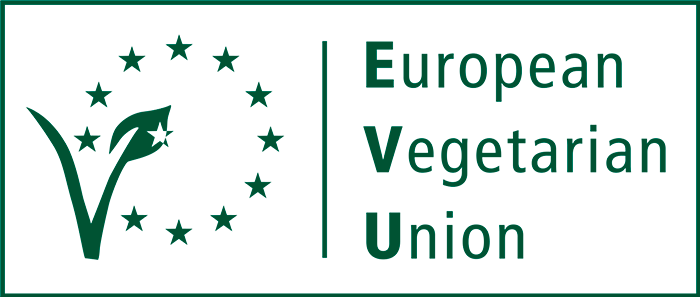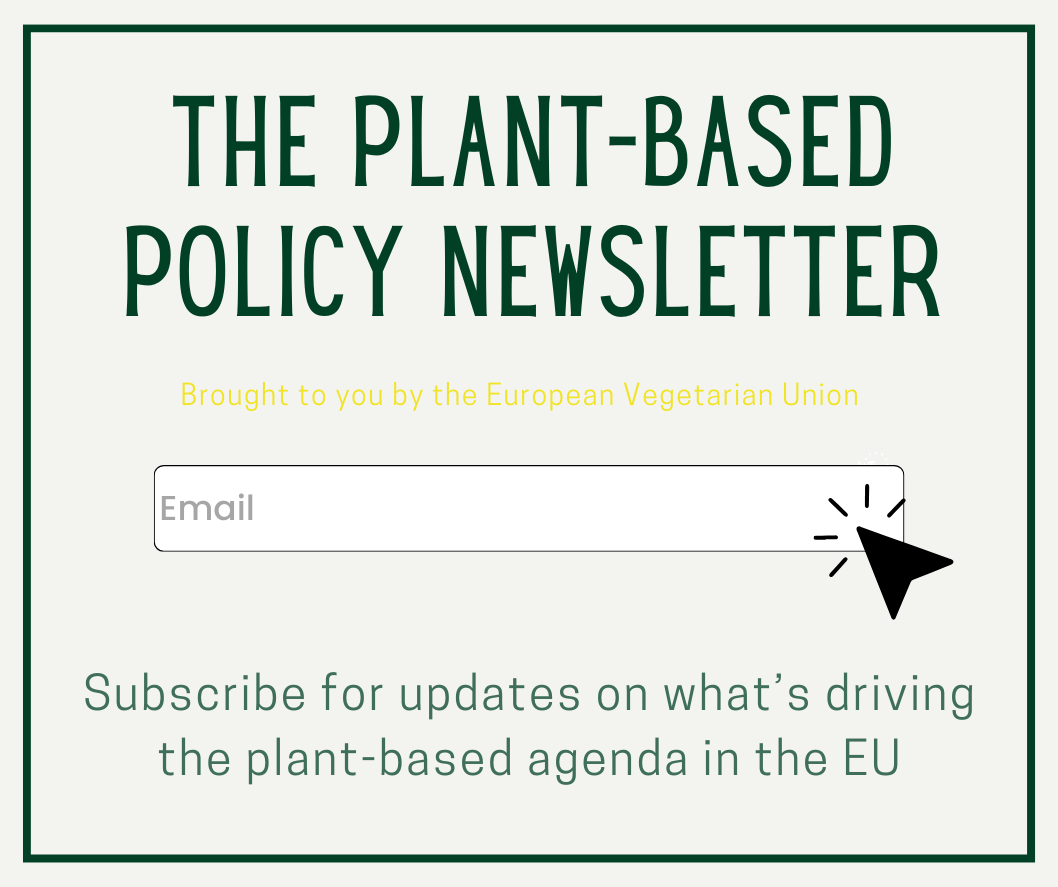EVU and other non-governmental organisations, as well as plant-based food companies, had been campaigning and lobbying for months, trying to show decision-makers that this amendment would go against consumer transparency and more climate-friendly plant-based food alternatives.
To recall, neither Commission nor Council made a suggestion for a change in dairy denomination rules, the amendment was a Parliament initiative. However, all three institutions need to come together and find common ground for a reform of the Common Agriculture Policy. News around tough and frustrating negotiations became denser and during the reporting of the so-called “jumbo trilogue” at the end of May, several news outlets broke the news that amendment 171 was dropped by the Parliament.

Consumers interested in plant-based foods and the plant-based food industry can breathe a sigh of relief for now. The case of amendment 171 showed that the plant-based food sphere can successfully represent and defend its interests with combined efforts. This gives hope for future disputes sure to come.
As regards the CAP reform itself, negotiators could not find an agreement in May and talks will continue throughout June. The CAP reform was criticised for not being ambitious enough, especially with regards to the new Commission’s sustainability plans with the “Farm-toFork” and Biodiversity Strategy. The new CAP will secure agricultural subsidies and incentives and conditions for farmers for the next seven years and will therefore need to be critically accompanied by Europe’s Green Deal.


